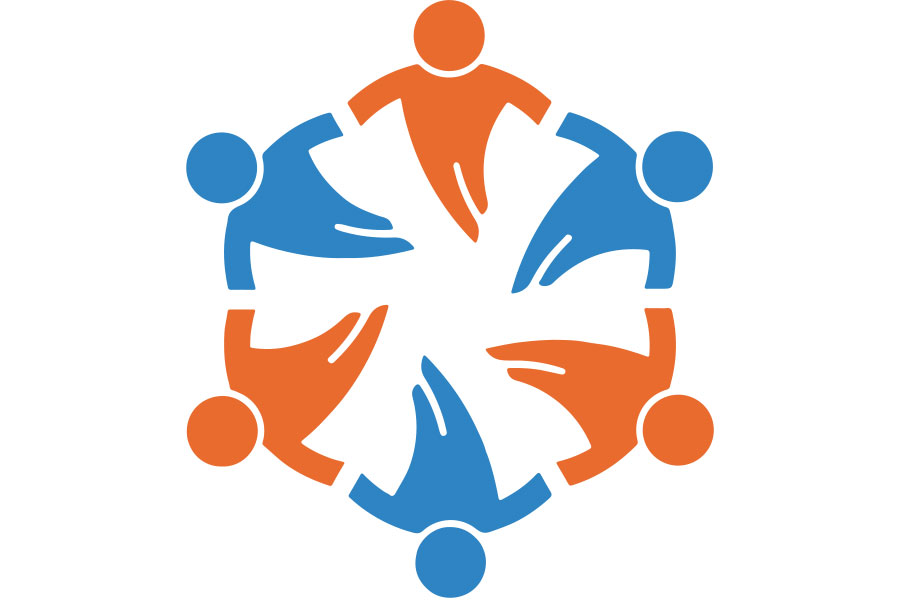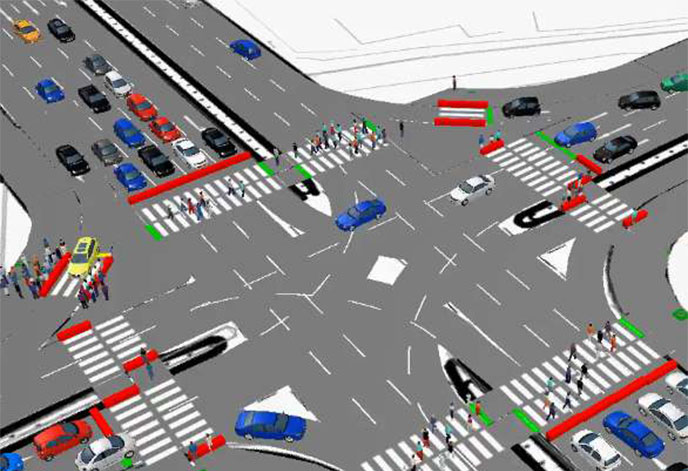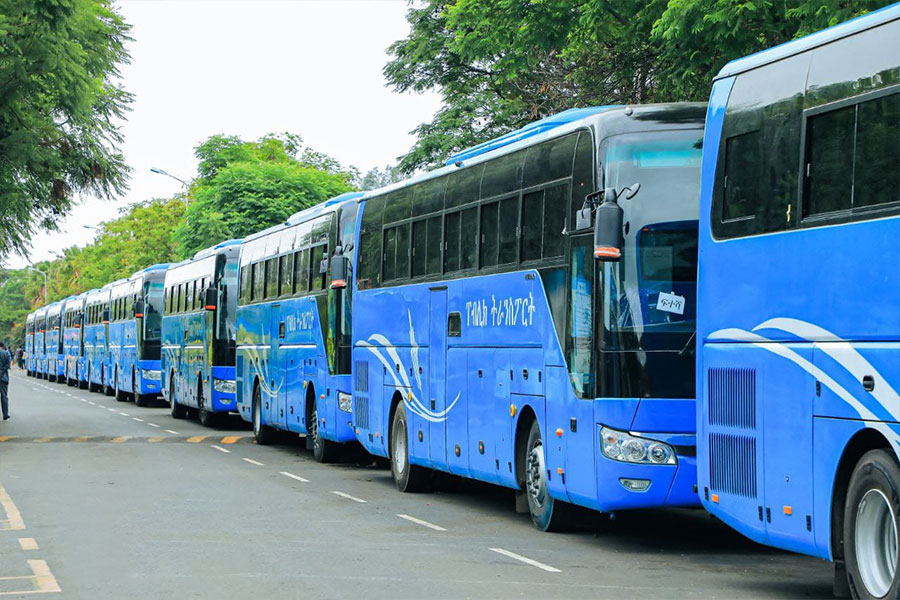
Fortune News | Jan 07,2023
Aug 16 , 2020
By Dagmawit Moges
The past months have taught many that there are various opportunities for those who are willing and open to new ways of doing business. In the transport sector, there is an urgency to modernise and create easy access to transport and logistics services through efficient and seamless information management and flow, writes Dagmawit Moges, minister of Transport.
As the world continues to be challenged by the Novel Coronavirus (COVID-19) pandemic, we are facing multiple and serious questions identifying the right strategies and technologies to use to leapfrog the various fronts of development. As the debate in these areas continue, time and technology remain a deciding factor.
For its part, the Ministry of Transport has prepared a 10-year transport sector plan with various stakeholders. The open discussion on the plan and the response from the public has been very impressive. The concerns we received from the public clearly indicate to what extent people understand the major challenges of the sector. Of course, they are the major users of the services on a day-to-day basis, as it directly relates to their daily livelihoods. The Ministry is thankful for the participation of the general public and for raising the important areas that they believe will require serious attention.
In the coming decade, everyone concerned should be determined to bring significant changes in the sector, paving the way to make Ethiopia an African beacon of prosperity.
One of the ways the Transport Ministry is attempting to realise this is its plan to increase the existing road network from 139,388Km to 225,237Km. In railway infrastructure development, the country currently has 902Km of railway lines. We are now planning to enhance the total length of railway lines in Ethiopia to more than 4,000Km.
In the maritime and logistics sectors, our plan is to make significant progress and improve our country’s status in the logistics performance index (LPI), a benchmarking tool by the World Bank where Ethiopia ranked 126th in 2016. We hope to bring this down to 40th by the end of our 10-year plan.
The plan includes detailed goals for each sector. If we succeed in achieving those goals, it means that we will have a seamless and smooth movement of people. It means that we can efficiently move goods and connect manufacturers and consumers with international markets and to every part of the country.
To realise the targets of our 10-year plan in the transport sector, however, we need state-of-the-art information and telecommunication technologies such as the intelligent transport system (ITS). These will be catalysts for many of the reform programmes to modernise and create easy access to transport services through efficient and seamless information management and flow. It will also be instrumental to the smooth delivery of services to address the needs of key users - the public. These make the case for innovation in realms of concept, system and process.
In the coming decade there should be "concept innovation" to change the way we deliver our services. Service is a product of one institution that can be delivered at the spot where the final user is positioned or located. Otherwise, users would need to engage resources or incur expenses in terms of time, finance and energy. There is a dire need to fill this gap.
This will matter in a geographically large country like ours. There is a lack of sufficient physical infrastructure currently alongside the need to make logistics efficient (in terms of time, cost and reliability) to be competent within a globalised world where the competition is fierce and intense. Making services accessible under these conditions through technology is not an option but a must. There is an urgency to innovate service delivery in a way that is going to empower users - shifting them from service seekers to service recipients.
Once there is a shift in the conceptualisation of service, it is mandatory to revisit the existing heavily manual and complex system and innovate toward an improved and simplified system that can affect the quantity, quality and time of service delivery. This needs innovation in the reorganisation of the structure, connections and internal information flow to generate a new pattern of communication and document-processing mechanisms.
We need process innovation. Unnecessary steps and documents in the workflow need to be cut out by creating strong back offices in all government institutions that can process documents on time in a more efficient manner. By utilising technology, we can create a mechanism to integrate different offices so that those services can be accessed from anywhere and at any time. This will save customers from having to go to different offices to get services.
No doubt, the COVID-19 pandemic has given an unprecedented challenge to the whole world. Still, we can emerge in triumph above the current scenarios by mainly looking for and adopting new and innovative solutions in our day-to-day lives. The past months have taught us that there are various opportunities for those who are willing and open to new ways of doing business.
Throughout the preparation of the Ministry’s 10-year plan, we have come to understand that how much we accept the current situation is just a stage of development and progress and that we can become victorious. The plan sets the stage for the next generation to get a better, more modern and developed Ethiopia. Finally, by doing what we must, by being open to changes and adapting, we can realise concept, system and process innovations that will enable us to realise advanced systems based on institutions and the rule of law.
PUBLISHED ON
Aug 16,2020 [ VOL
21 , NO
1059]


Fortune News | Jan 07,2023

View From Arada | Dec 17,2022

Commentaries | Dec 14,2024

Radar | Nov 14,2020

Fortune News | Mar 30,2019

Radar | Mar 18,2023

Viewpoints | May 07,2022

Fortune News | Aug 13,2022

Viewpoints | Jul 13,2020

Radar | Dec 10,2022

My Opinion | 131584 Views | Aug 14,2021

My Opinion | 127940 Views | Aug 21,2021

My Opinion | 125915 Views | Sep 10,2021

My Opinion | 123539 Views | Aug 07,2021

Dec 22 , 2024 . By TIZITA SHEWAFERAW
Charged with transforming colossal state-owned enterprises into modern and competitiv...

Aug 18 , 2024 . By AKSAH ITALO
Although predictable Yonas Zerihun's job in the ride-hailing service is not immune to...

Jul 28 , 2024 . By TIZITA SHEWAFERAW
Unhabitual, perhaps too many, Samuel Gebreyohannes, 38, used to occasionally enjoy a couple of beers at breakfast. However, he recently swit...

Jul 13 , 2024 . By AKSAH ITALO
Investors who rely on tractors, trucks, and field vehicles for commuting, transporting commodities, and f...

Jun 28 , 2025
Meseret Damtie, the assertive auditor general, has never been shy about naming names...

Jun 21 , 2025
A well-worn adage says, “Budget is not destiny, but it is direction.” Examining t...

Jun 14 , 2025
Yet again, the Horn of Africa is bracing for trouble. A region already frayed by wars...

Jun 7 , 2025
Few promises shine brighter in Addis Abeba than the pledge of a roof for every family...

Jun 29 , 2025
Addis Abeba's first rains have coincided with a sweeping rise in private school tuition, prompting the city's education...

Jun 29 , 2025 . By BEZAWIT HULUAGER
Central Bank Governor Mamo Mihretu claimed a bold reconfiguration of monetary policy...

Jun 29 , 2025 . By BEZAWIT HULUAGER
The federal government is betting on a sweeping overhaul of the driver licensing regi...

Jun 29 , 2025 . By NAHOM AYELE
Gadaa Bank has listed 1.2 million shares on the Ethiopian Securities Exchange (ESX),...